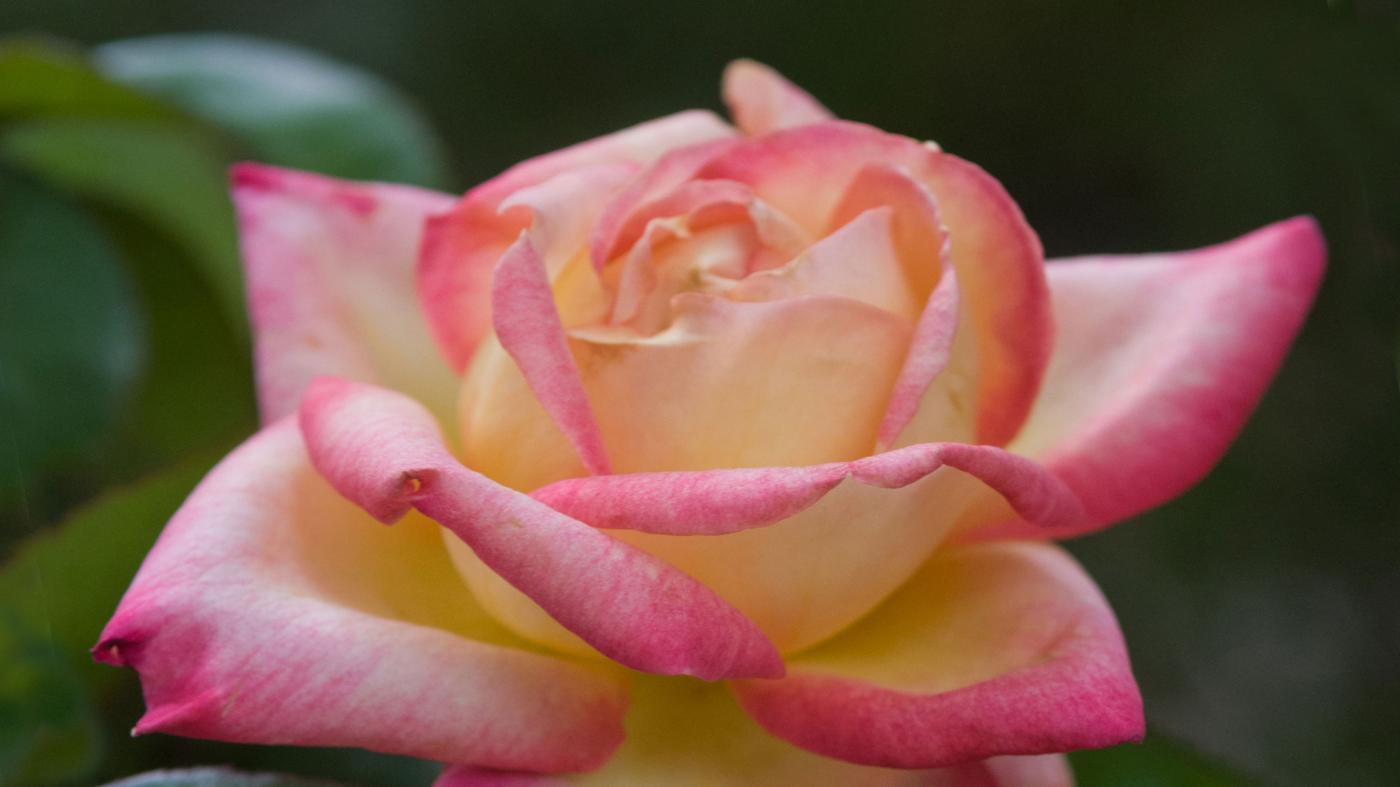
42.14294815, -87.78515625
42.14643478, -87.7904129
42.1488266, -87.78929138
42.14884949, -87.78923798
42.1488533, -87.78923798
42.14888, -87.78918457
42.14891815, -87.78922272
42.14892578, -87.78524017
42.14896393, -87.78525543
42.14900208, -87.78903198
42.14902115, -87.78684235
42.14904404, -87.78907013
42.1490593, -87.78679657
42.14906693, -87.78701782
42.14908218, -87.78910065
42.14929199, -87.78970337
42.14929962, -87.78956604
42.14931107, -87.78930664
42.14931488, -87.78965759
42.14931488, -87.78930664
42.14934158, -87.78960419
42.14934921, -87.78934479
42.14935303, -87.78934479
42.14939117, -87.78937531
42.14942932, -87.78941345
42.14947128, -87.7894516
42.14950943, -87.78948975
42.14950943, -87.78948212
42.14953995, -87.78951263
42.14954376, -87.78951263
42.14987183, -87.78964996
Kentucky Coffee Tree
The Kentucky coffee tree, which can attain heights of over 50', has a distinguished habit with coarse, irregular branches. It is good for parks and other large, open spaces. This tree produces huge twice-compound leaves with a tropical look. Each leaf can measure up to 3' long and is further divided into seven to nine segments of eight to 14 small leaflets. The fruits are long woody pods containing a single row of hard, dark-brown inedible seeds that resemble large coffee beans. In winter, this dark-barked tree creates a distinctive form against the barren landscape; in summer, its leaves turn dark bluish-green; and fall brings a lovely yellow. A tree for all seasons.











